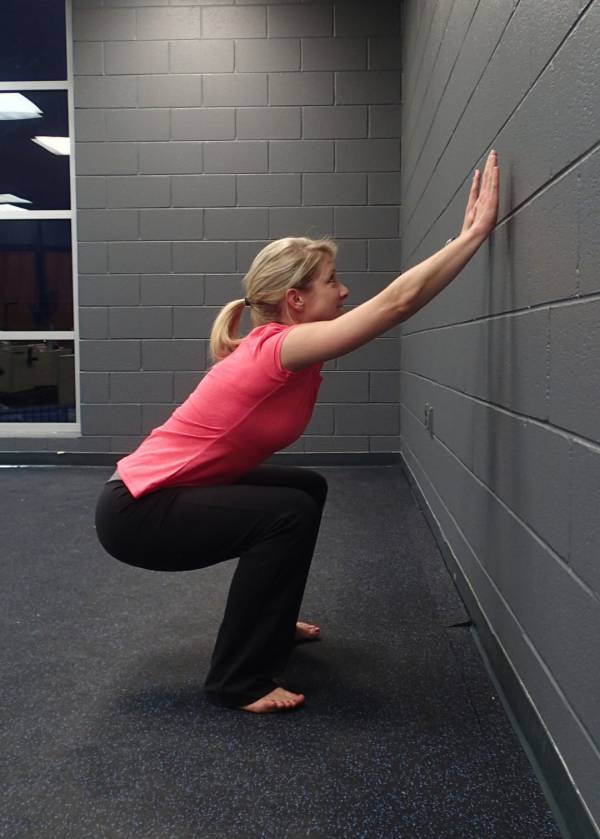Motor Control
Motor control: What is it and how does it affect you?
Aching shoulder or neck? Feeling a catch when you move that causes pain? Motor control issues may be affecting how you are moving without you even knowing it. It can affect people of all ages and can affect many different parts of the body from head to toes.

I want to preface this blog with the comment that there is no one right or wrong way to move! Generally, movement variability is necessary to maintain a healthy movement system. Motor control is a buzzword that gets thrown around a lot by movement professionals today. It describes how the body, through a complex link between the nervous system and muscles, is able to control movement through a range. Motor control is not how accurately a movement, like a squat, deadlift, or lifting a box is performed.
All the movements that we perform throughout the day require fine tuning by the nervous system. For example, as you raise your arm, for every 1 degree of arm movement your shoulder blade needs to rotate 2 degrees as well as tilt forward and move away from your rib cage. In addition to this your rotator cuff needs to contract just enough to keep your shoulder in its socket. You can imagine that to control this small amount of movement, there needs to be a constant feedback loop supplying the brain with a barrage of information.This is just one example of how amazing and precise our movement has to be to create movement.
So how does this feedback loop work? Your brain gets information via nerves carrying signals from proprioceptors and other specialized sensors hidden throughout different tissues. These cells are specialized receptors found in muscles, tendons, ligaments, and even the joint capsule. They generate and relay information about stretch, tension, muscle activation, joint angle and positions to give your brain a representation of what the body looks like in space. The brain then uses this information to finetune and adjust movements as needed.
Now that you know a little more about what motor control is and how it may be affecting you, you may be wondering how to spot it and what you can do to fix it. Stay tuned for the second part of the blog which will be posted in mid-January 2020.
Bryan Esherick PT, DPT









